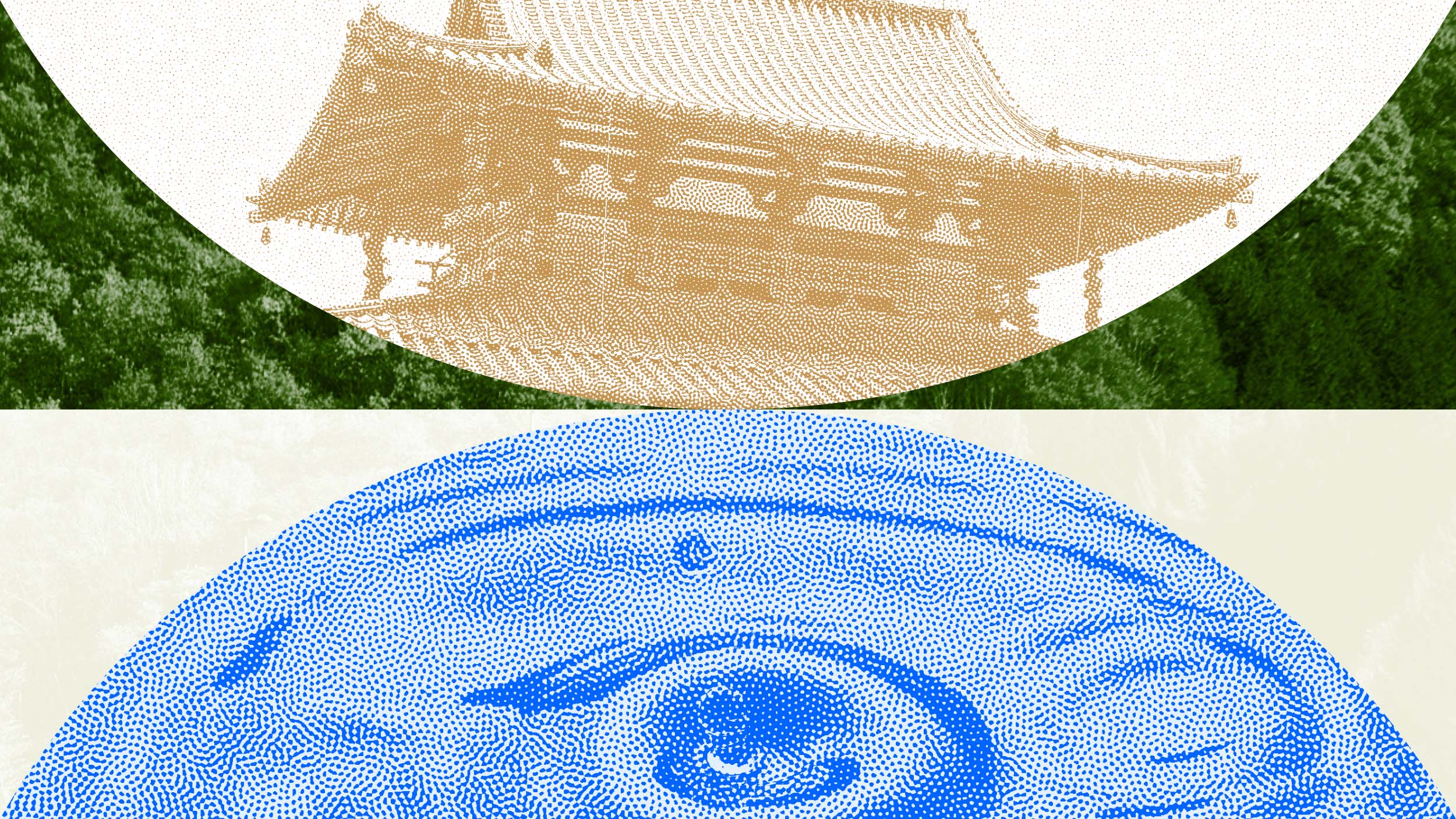Edward Hirsch had too much adrenaline to construct stories.
Question: Can poets learn from fiction writers?
Edward Hirsch: When I taught at the University of Houston in the Creative Writing program we required the poets to take workshops in fiction writing and we required the fiction writers to take workshops in poetry. And the reason for that is because the fiction writers seemed to need to learn how to pay greater attention to language itself, to the way that language works.
The poets needed to learn to pay greater attention to character and to narrative. That is many poets don’t know how to tell a story and they don’t have a sense of how to put things in order to tell a story and we thought the poets could learn from fiction writers something about developing a character over time who wasn’t just you and also creating a narrative structure. So, I think it’s true that that’s something that poetry can go to school on fiction. I think poetry can go to fiction to learn.
I think the deepest thing is that many fiction writers tell stories but are not elegant writers. But, we’re not writing journalism when we’re making literature. We’re trying to make something that lasts in language and there's no question that many fiction writers began as poets and it’s hard for me to think of any good fiction writers who don’t also read poetry. That fiction writers learn about the development of metaphor, the use of rhythm, the way that language is compacted in order to express the feelings of - express their own feelings and the feelings of their characters. So, I think fiction goes to poetry for the intensity of its use of language.
Question: Have you tried your hand at fiction?
Edward Hirsch: When I was young I did. In fact, when I was young I wrote everything and I thought I would be an all around writer, that I would write everything. When I was in my early 20’s I still had that idea and I wrote an unpublished novel and I wrote a lot of short stories. But what I discovered about myself is that my temperament is so fiery in terms of what I think in literature, that I like so much intensity that too much was happening all the time. It was just like starting with too much adrenaline and you stayed at that adrenaline rush all the time.
Well, it turns out that doesn’t work for fiction. A novel takes place over time. It’s a historical narrative and it needs to have a series of peaks and valleys and the move through. You can’t just start at the highest pitch and stay there, but you can in a lyric poem. And so, I found my temperament is very much drawn to lyric poetry and for the compression of lyric poetry. So, it seems that I have the temperament of a poet, not entirely of a fiction writer.
Question: What words are you looking for as a poet?
Edward Hirsch: There's a debate in the whole history of poetry between the plain style and the golden or ornate style and that poetry is continually in some kind of relationship between these two pulls. Something more baroque and ornate, something more ornamental and something more plainspoken, something simpler. And I feel the tugs of those two traditions in, say, the 17th century or in Spanish baroque poetry or the work of John Donne who I admire very much.
And so, what I would say is I, myself, have a - especially as I’ve gotten older, I long for clarity and I long for the pure, clear word. But, by the drive of the feeling and the intensity of the expression and the thing you're trying to express and make you hope that the words have wings. That is, you're looking for something that will lift off. Now, how to get that lift is, no one knows exactly and there's no recipe for it. If there was, everyone would be writing great poems. Everyone would be going to school with Emily Dickinson and writing those remarkable lyrics of hers or writing Shakespeare sonnets.
But, what you're looking for is a kind of clear language that gets a depth charge that lifts it and gives it wings. So, you hear the phrase, “Brightness falls from the air,” and you know you're in the presence of poetry, that something has happened to the language. The words themselves, brightness falls from the air, are all very clear and very simple, but when they come together in this particular way they’ve got a radiance and a beauty that stands all alone. And I think that what is that, the observation of light, the clarity of the feeling, the sense of wonder the words give you. No one knows exactly, but you're seeking in this combination of words to find something new and fresh that will strike a deeply resonant chord so that when we read Sappho now, it’s as powerful to us as when it was written in Lesbos so many centuries ago.
Recorded on February 4, 2010





